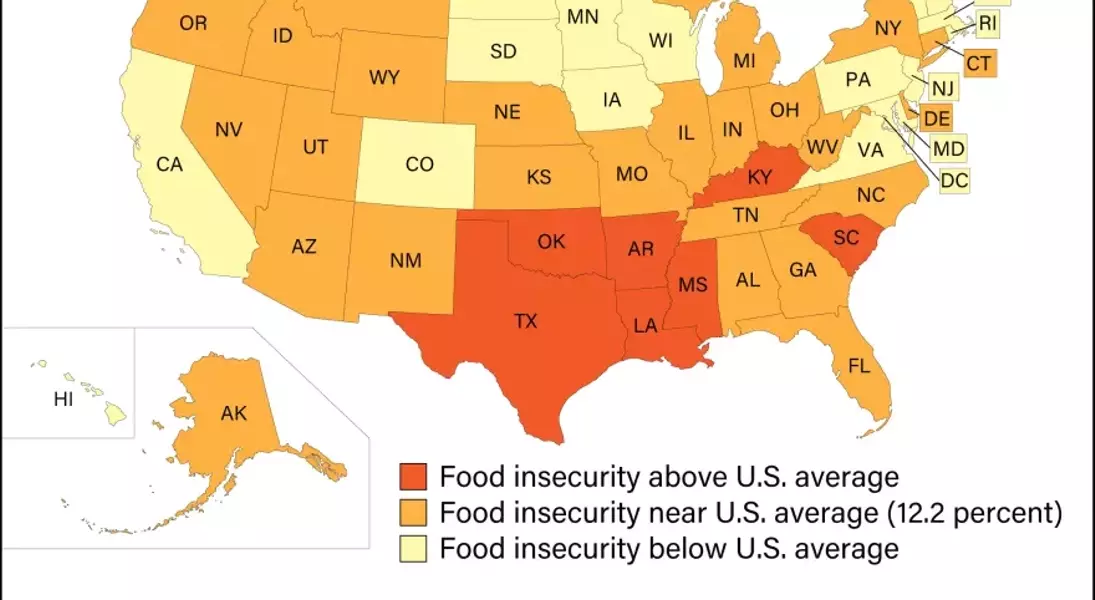
Texas lawmakers had initially allocated $60 million in the state budget to launch a program aimed at reducing child food insecurity through the Summer Electronic Benefits Transfer (Summer EBT or SUN Bucks) initiative. However, Governor Greg Abbott removed the funding via a line-item veto, citing uncertainty about federal matching rates tied to the program. Anti-hunger advocates strongly criticized the decision, emphasizing that nearly one in four children in Texas faces food insecurity. They argue that Summer EBT is a proven solution to help families afford groceries during school breaks. Although the U.S. Department of Agriculture rolled out the program nationwide in 2024, Texas missed implementation deadlines due to timing constraints. Despite legislative support and the potential for over $400 million in federal funds, the program’s future now hinges on federal policy developments affecting SNAP funding structures.
Key Details of the Texas Summer EBT Veto Controversy
In the wake of the recently concluded legislative session, Texas faced a significant setback in its efforts to combat childhood hunger. A provision allocating $60 million to establish the Summer EBT program was struck down by Governor Greg Abbott as part of his budget revisions. The move came despite bipartisan backing from several lawmakers and strong advocacy from organizations such as Feeding Texas and No Kid Hungry Texas. The Summer EBT initiative, known nationally as SUN Bucks, is designed to provide qualifying families with $120 per eligible child during summer months when school meals are unavailable. Though the U.S. Department of Agriculture launched the program across more than 30 states this year, Texas was among a dozen that did not participate, partly due to delays in receiving federal guidance after the 2023 legislative session ended. In anticipation of broader adoption, Feeding Texas projected the state could secure over $400 million in federal support, with millions earmarked for Central Texas counties like Travis, Hays, and Williamson.
A Journalist’s Perspective on the Impact of the Veto
The governor’s decision raises serious concerns about Texas’ commitment to addressing child hunger, especially given the state's high ranking in food insecurity. While officials cite fiscal caution regarding uncertain federal contributions, critics argue the move overlooks both immediate need and long-term economic benefits. With food banks stretched thin and temporary meal programs offering only partial relief, the absence of a structured, scalable solution like Summer EBT leaves vulnerable families without reliable support during critical months. This situation underscores the importance of policy foresight and political will in tackling systemic issues—particularly in a state with vast resources but uneven access to basic necessities.
